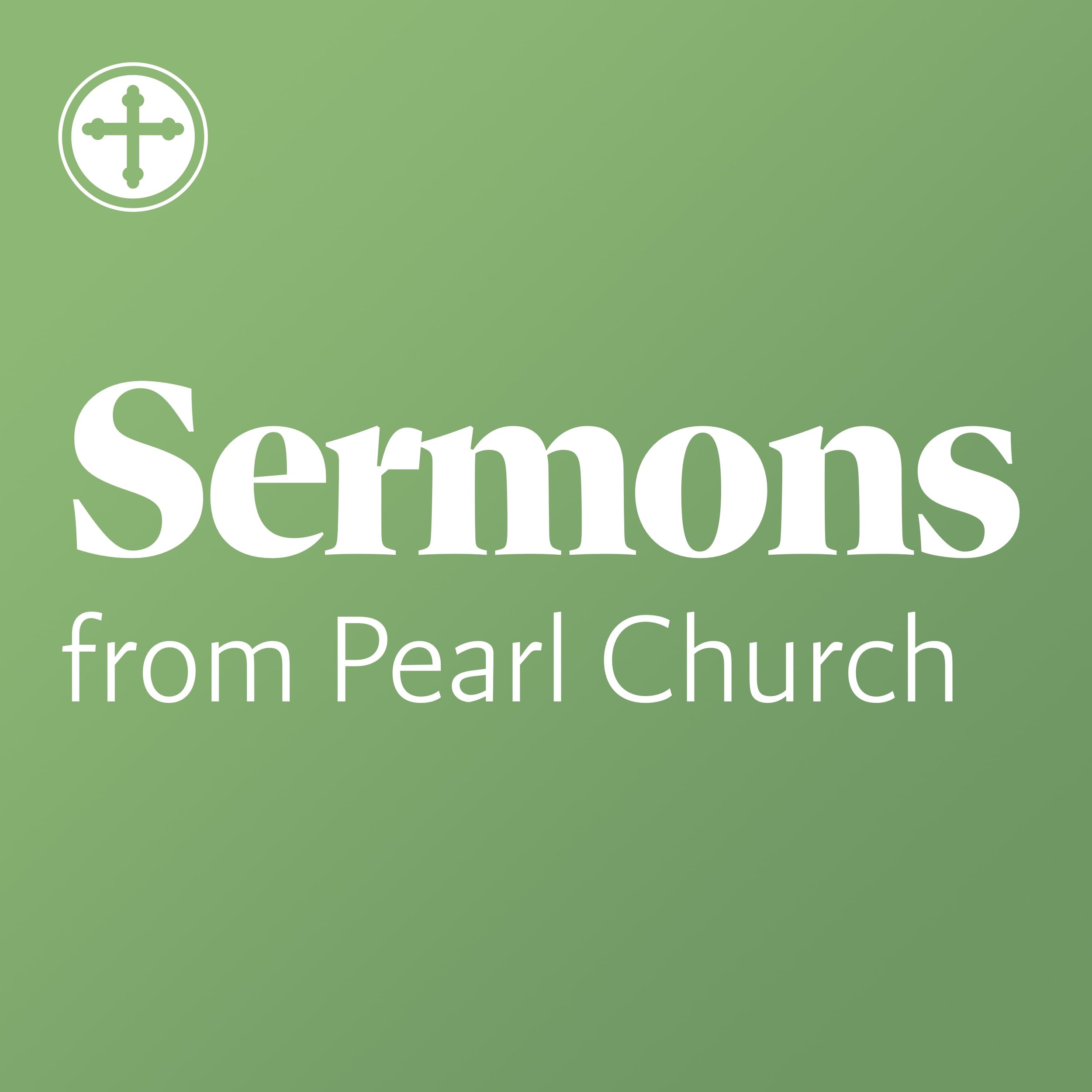From Sacrifice to Gift
/The Bible—this library of ancient documents, written over centuries by many authors—presents the modern reader with significant challenges. Inspired by the beauty of a psalm or the mercy of Jesus’ words, we turn the page only to read something that feels violent or backward. How can we hold this text as sacred story when much of what we find in its pages is clearly not good?
In this series, we aim to hold the Bible as a library with a trajectory. As humanity grows and its apprehension of God becomes richer, we see a record of movement forward from sacrifice to gift, from vengeance to mercy, from exclusion to inclusion, from ideas of divine violence to demonstration of divine solidarity. We’ll explore how passages that seem violent to us today, represented a move forward in the author’s time and culture—and how these stories can inspire us to look for where the Divine beckons us forward, today.


